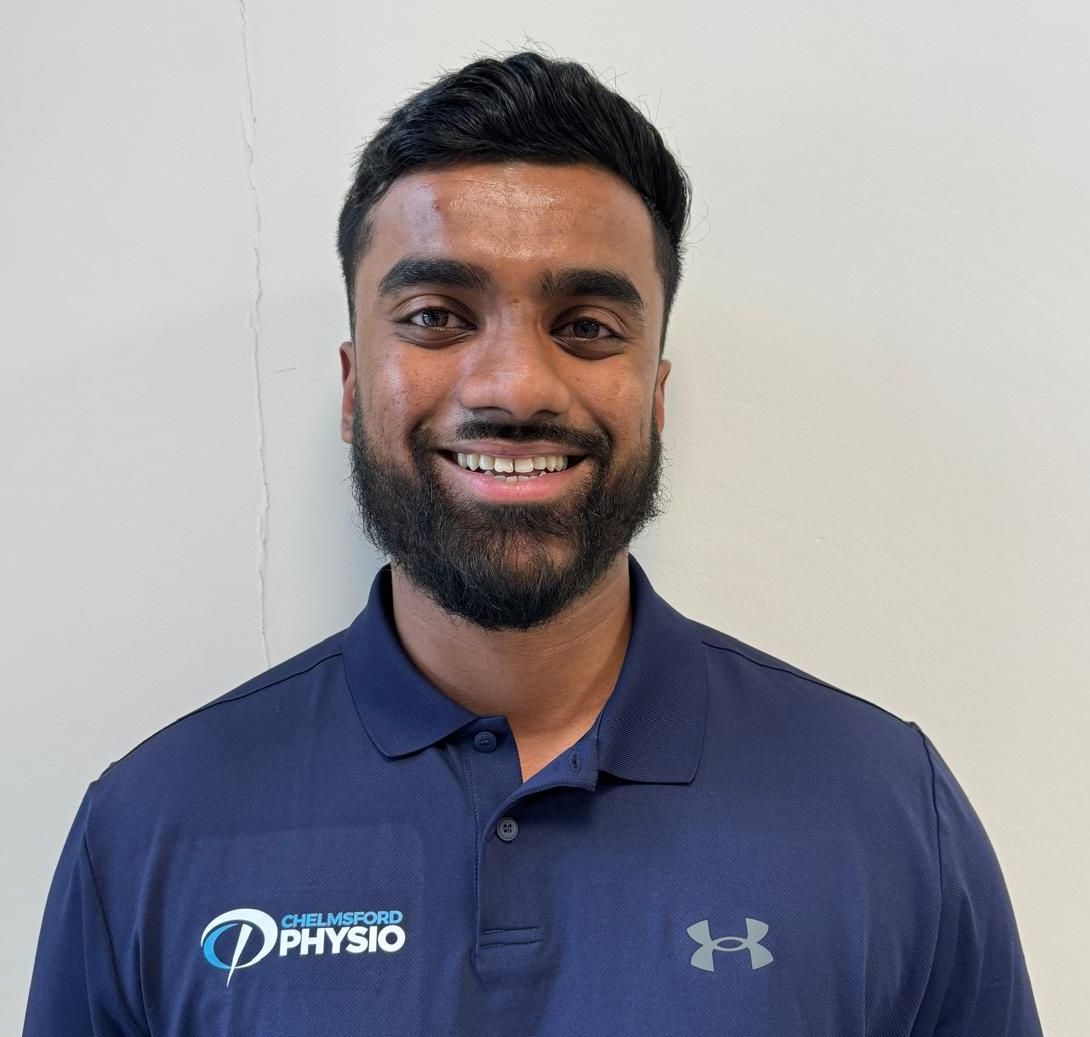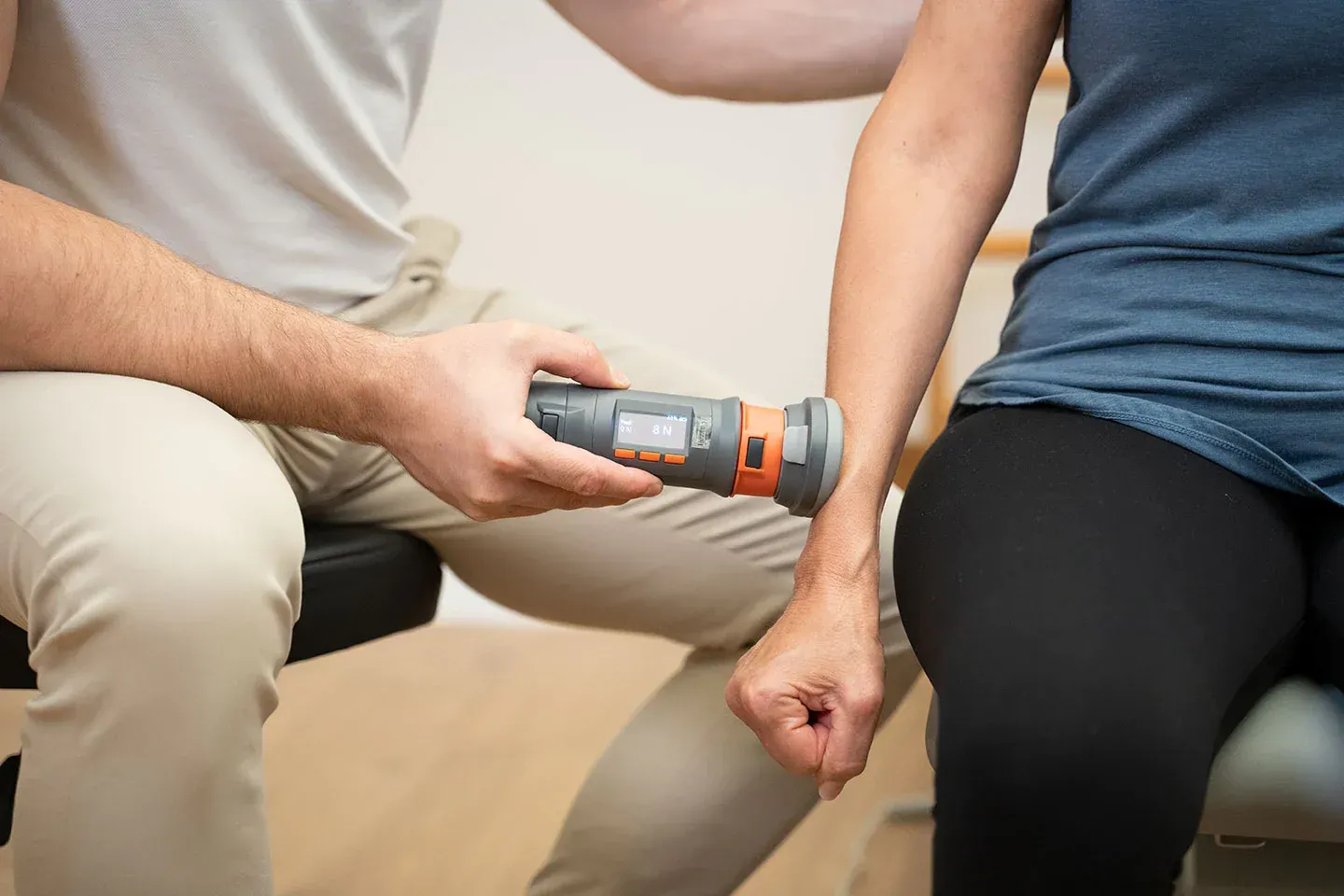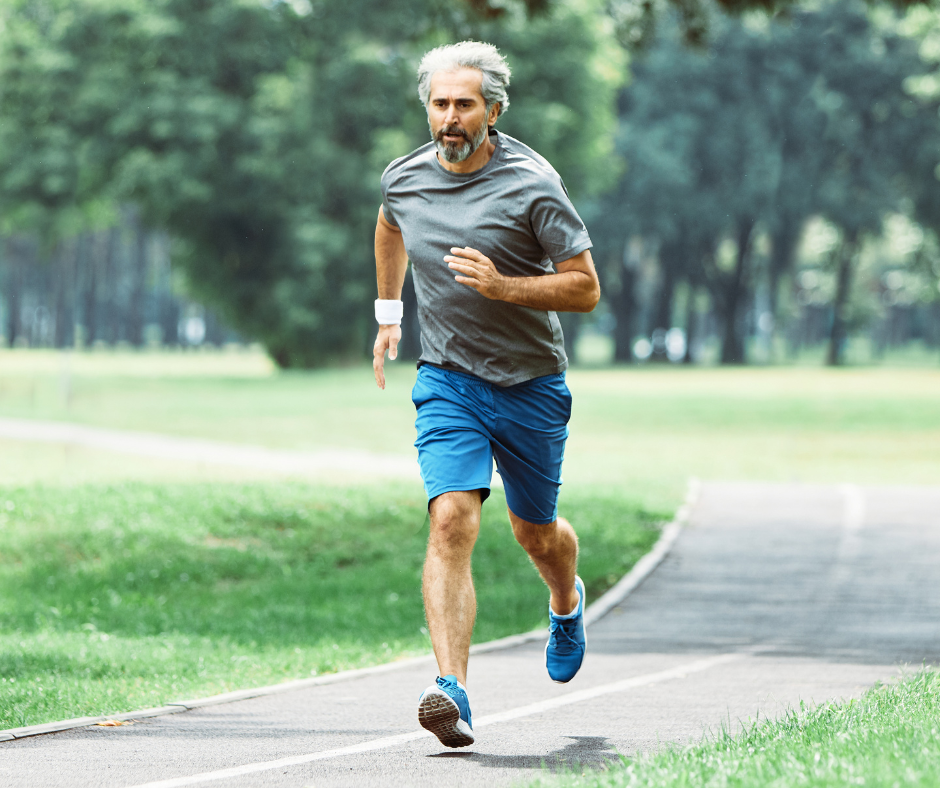What's Up with Those Clicky Knees?
Do your knees sometimes make a clicking or popping sound when you move them? You're not alone - many people experience this phenomenon, often referred to as "clicky knees." While it can be a bit disconcerting, in most cases, clicky knees are not a cause for major concern. In this blog post, we'll explore the common causes of clicky knees and discuss potential treatment options.

What Causes Clicky Knees?
There are a few primary reasons why your knees might be making clicking or popping sounds:
- Cartilage Movement: The knee joint is surrounded by cartilage that can sometimes shift or move suddenly, leading to a clicking or popping noise (Brody & Thein, 2018). This is often harmless and can occur with normal knee movement.
- Tendon Snapping: The tendons that run over the knee joint can sometimes snap or glide over bony prominences, producing a clicking sound
(Core, 2022). This is particularly common in athletes and people who are physically active.
- Arthritis: Osteoarthritis, a degenerative joint condition, can cause the cartilage in the knee to deteriorate over time. As the cartilage wears down, the bones may rub against each other, leading to clicking or popping noises
(Hinman et al, 2014).
- Injury or Trauma: Injuries to the knee, such as a torn meniscus or ligament, can also cause clicking or popping sounds as the joint structures heal and reposition (Hing et al, 2017).
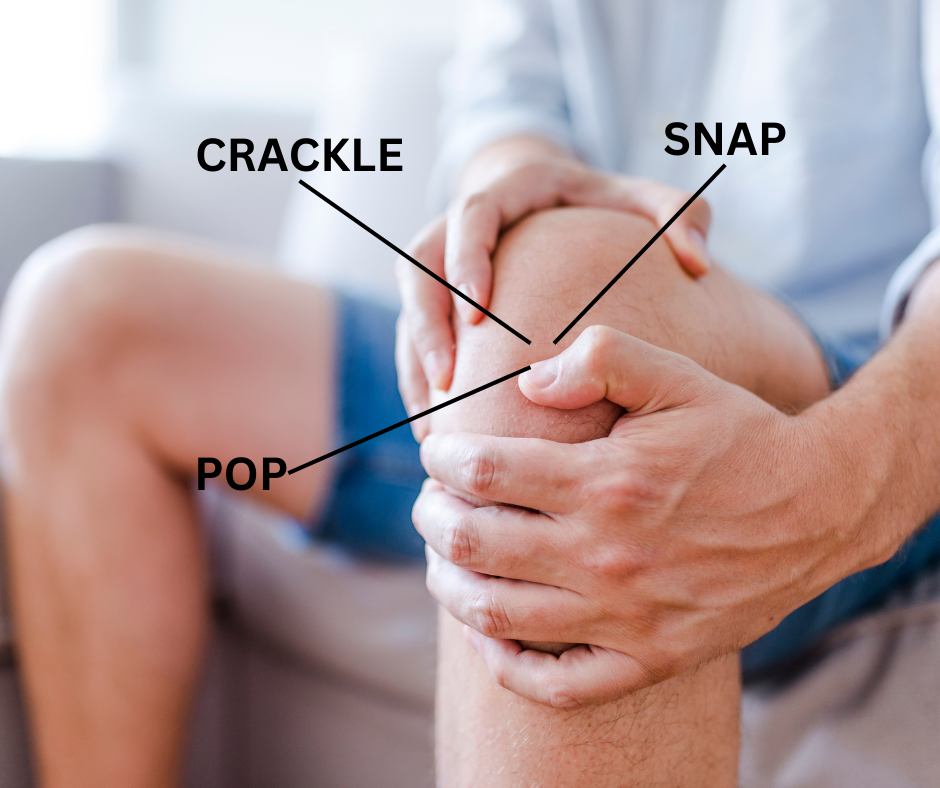
Is Clicky Knees a Cause for Concern?
In most cases, clicky knees are not a significant cause for concern and do not indicate a serious underlying condition. However, if the clicking is accompanied by pain, swelling, or instability in the knee, it's essential to consult a healthcare professional (Brody & Thein, 2018). These symptoms may suggest a more serious issue that requires medical attention.
Treating Clicky Knees
For mild cases of clicky knees without other symptoms, the following treatment options may be helpful:
- Exercise and Stretching: Strengthening the muscles around the knee joint and improving flexibility through targeted exercises and stretches can help reduce clicking (Brody & Thein, 2018).
- Weight Management: Maintaining a healthy weight can take stress off the knee joints and potentially reduce the frequency of clicking
(Hinman et al, 2014).
- Physiotherapy: A Physiotherapist can provide specialised treatment, such as manual therapy techniques, taping techniques and personalised exercise programs, to address the underlying causes of clicky knees (Hing et al, 2017).
In cases where clicky knees are accompanied by significant pain, instability, or other concerning symptoms, your healthcare provider may recommend more advanced treatment options, such as corticosteroid injections or, in severe cases, surgery (Hinman et al, 2014).
If you're concerned about your clicky knees, don't hesitate to consult with a specialist at
Chelmsford Physio. With the right treatment and lifestyle adjustments, you can often find relief and maintain healthy, happy knees.
